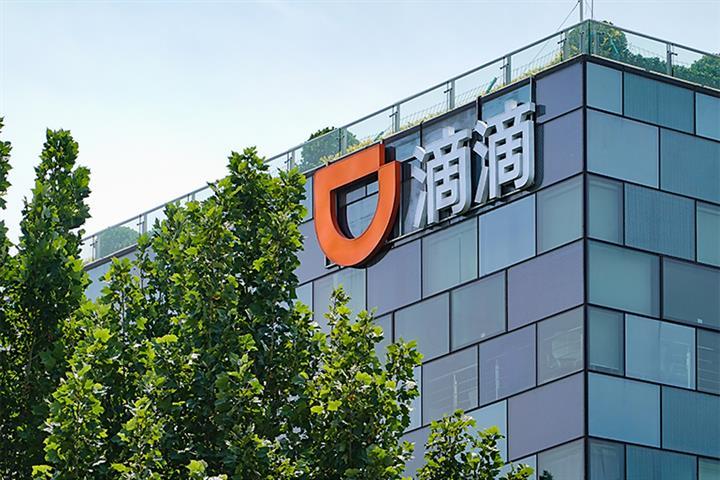 What Didi’s NYSE Withdrawal Means For China-US Investment
What Didi’s NYSE Withdrawal Means For China-US Investment(Yicai Global) Dec. 6 -- Earlier this year, the Chinese online taxi app Didi pushed ahead with its big Initial Public Offering on the New York Stock Exchange. At first glance, the move seemed to affirm the ambitious bid by a Chinese company to go “global”- having planned also to launch itself in a number of overseas markets including the UK. Hawkish US senators opposed the move, but their calls to block the listing were in fact ignored, given the company is not of any kind of strategic significance.
Yet it was, against all expectation, from the other side of the divide in which its fortunes came tumbling down as China’s regulators pursued a crackdown against the firm which seen its applications temporarily removed from a number of stores and new sign ups banned. At a time wherein the United States has been the primary instigator of demanding firms be booted off the NYSE and deprived of American capital, it was in fact China who pulled the plug on Didi. Last week, it announced it would U-turn and delist from New York, spooking markets and Chinese tech companies further.
What happened? The policy may come as a surprise given the de-facto assumption is that China’s foreign policy has always been pro-overseas investment at a time whereby the US is the cheerleader of so-called “decoupling”. This move however, is more so a consequence of that. Beijing now finds Washington’s moves to implement stricter auditing of listed Chinese firms, spelt out under the “The Holding Foreign Companies Accountable Act” pushed by Trump last year- as contrary and compromising to China’s own data security regulations. Didi had went ahead and listed without approval in the space of just a week, receiving political blowback.
Whilst of course the scope of “decoupling” is exaggerated than what it is in practice between the two nations, Didi stands out as an example as to where the new geopolitical environment lends the phenomenon to become mutually and structurally reinforcing. In other words, America’s growing intolerant behaviour towards Chinese firms is increasingly making the country a more untenable place to seek investment, and nowhere has that been more evident so far than in the field of “Big Tech” where a number of internet companies have received official scrutiny for issues regarding data privacy, security, antitrust issues and of course “monopoly behaviour”. China has been forced to put national interest above commercial interests.
Although it has been widely reported that the consequences of this move are likely to stifle new Chinese IPO’s on Wall Street, the mainstream media are of course exaggerating the negative impact this will have on inbound investment into Chinese technology firms in the long run. It will ultimately serve to benefit Hong Kong at the expense of New York City and will direct third party capital away from the United States. Hence Didi will relist itself in Hong Kong, as did China Telecom who also got removed from the NYSE at the start of the year, successfully raising USD8 billion in its new IPO.
There may be short term uncertainty in global markets amidst this disruption, but it should not be overlooked that China remains the largest single e-commerce market in the world and that the long-term opportunities will ultimately outweigh the risks with many spheres of growth still existing, a prospect still attractive to many US investors. The current spate of action is not designed as a detriment to foreign investment at all but a readjustment in line with the national interest and the type of economic growth China needs. This is also one of the motivations behind the creation of the new Beijing stock exchange, which is for small and medium enterprises with a focus on innovation.
Above all, the Didi saga marks a new Faultline in US-China ties on the matter of investment, but it is hardly a gamechanger. China continues to be the world’s highest recipient of Foreign Direct Investment in the year 2021, following on from 2020. The sweep of technological regulation has been primarily geared not at shutting investment out, but making the market which companies offer in more competitive, and is paving the way to procuring more capital at home as opposed to abroad. Didi is hitching a ride from New York back into Hong Kong, and the cost of the fare will serve the greater good.